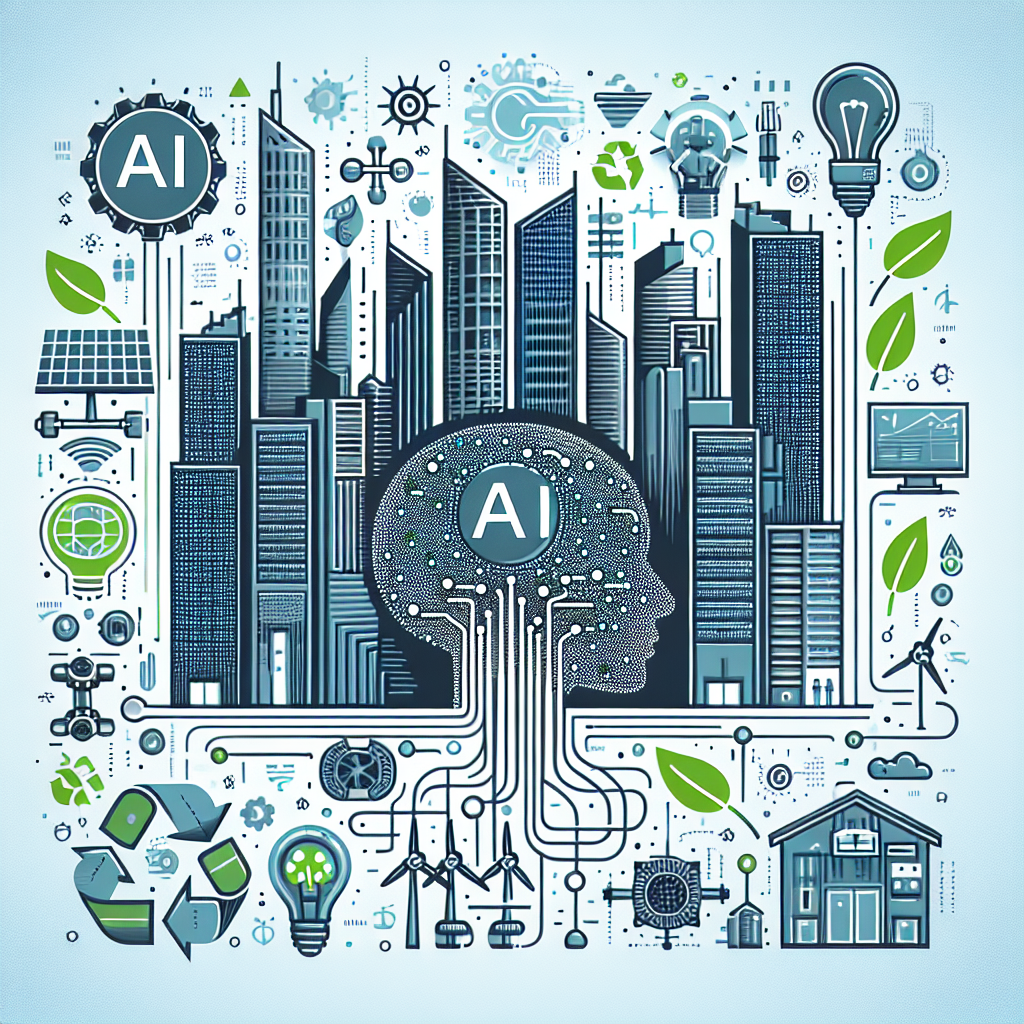Artificial Intelligence (AI) is revolutionizing the way infrastructure development is being carried out around the world. By harnessing the power of AI, infrastructure projects are becoming more efficient, cost-effective, and sustainable. From designing to construction and management, AI is being integrated into every stage of infrastructure development to improve outcomes and address the challenges of today’s rapidly growing urban areas.
Improving Efficiency with AI in Infrastructure Development
AI is being used to streamline the design and planning process of infrastructure projects. By analyzing vast amounts of data, AI algorithms can generate optimized designs that meet project requirements while minimizing costs and resource usage. This not only saves time and money but also ensures that the final design is efficient and sustainable.
One of the key benefits of AI in infrastructure development is its ability to predict potential issues before they occur. By analyzing historical data and using predictive analytics, AI can identify potential risks and challenges that may arise during the construction phase. This allows project managers to take preemptive measures to mitigate these risks and ensure that the project stays on track.
AI is also being used to improve project management and scheduling. By analyzing real-time data from construction sites, AI algorithms can identify bottlenecks, optimize workflows, and allocate resources more effectively. This results in faster construction times, reduced costs, and improved overall project efficiency.
Sustainability in Infrastructure Development with AI
Sustainability is a key focus in modern infrastructure development, and AI is playing a crucial role in achieving this goal. By analyzing environmental data and using machine learning algorithms, AI can help design infrastructure projects that are environmentally friendly and energy-efficient. For example, AI can optimize building designs to maximize natural light and ventilation, reduce energy consumption, and minimize waste.
AI is also being used to monitor the environmental impact of infrastructure projects during construction and operation. By analyzing real-time data on air and water quality, noise levels, and other environmental factors, AI can help project managers identify potential issues and take corrective actions to minimize negative impacts on the environment.
Furthermore, AI is being used to optimize the maintenance and operation of infrastructure assets. By analyzing performance data and using predictive analytics, AI can help identify potential maintenance issues before they occur, optimize maintenance schedules, and reduce downtime. This not only improves the reliability and lifespan of infrastructure assets but also reduces costs and minimizes environmental impacts.
FAQs
Q: How is AI being used in infrastructure development?
A: AI is being used in infrastructure development to streamline the design and planning process, improve project management and scheduling, and ensure sustainability by optimizing resource usage and minimizing environmental impact.
Q: How does AI improve efficiency in infrastructure projects?
A: AI improves efficiency in infrastructure projects by analyzing vast amounts of data, predicting potential issues, optimizing workflows, and allocating resources more effectively. This results in faster construction times, reduced costs, and improved overall project efficiency.
Q: How does AI contribute to sustainability in infrastructure development?
A: AI contributes to sustainability in infrastructure development by analyzing environmental data, optimizing building designs for energy efficiency, monitoring environmental impact during construction and operation, and optimizing maintenance schedules to reduce downtime and minimize environmental impacts.
Q: What are the benefits of using AI in infrastructure development?
A: The benefits of using AI in infrastructure development include improved efficiency, reduced costs, faster construction times, enhanced sustainability, and optimized maintenance and operation of infrastructure assets. AI helps project managers make data-driven decisions, identify potential risks, and take preemptive measures to ensure successful project outcomes.

